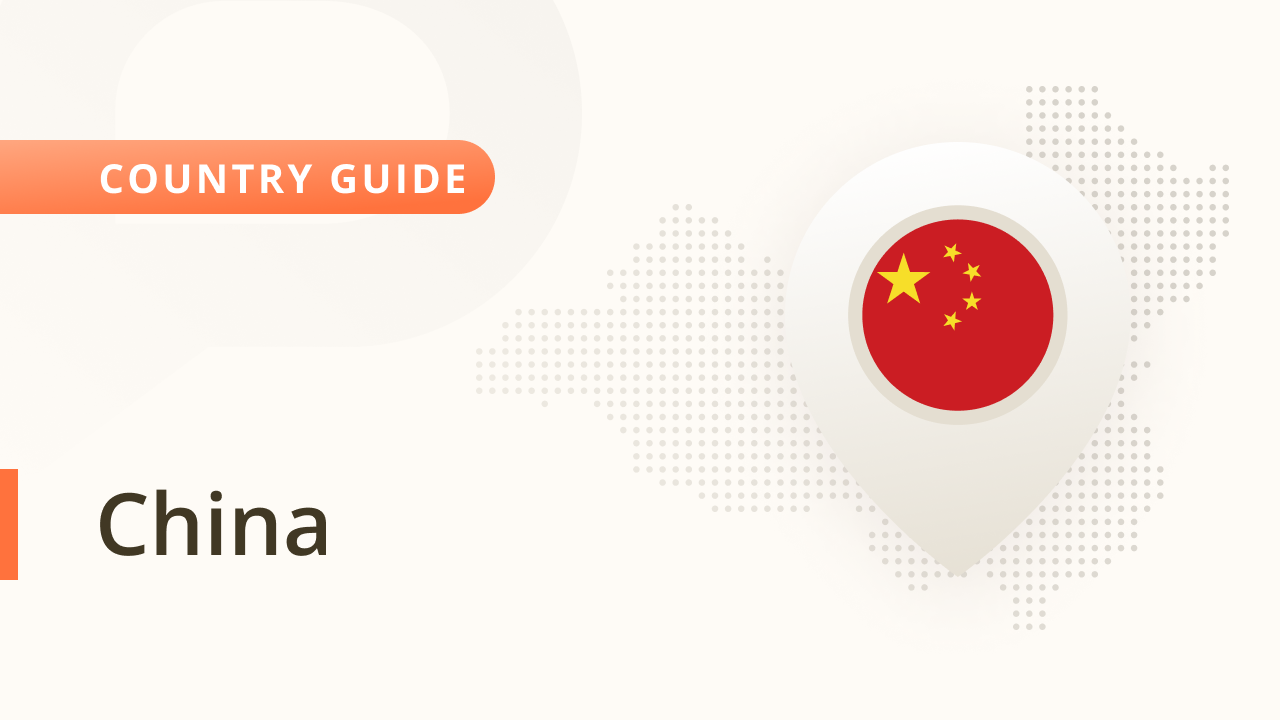It has been made relatively easy and accessible for foreign entities to start a firm/LLC/business in China while being located offshore. This goes for both on-shore and offshore foreign investments. Due to the relaxation of Chinese business policies and strategic reliefs provided to improve business and international economic output, the government allows several benefits to global investors and businessmen. However, here are all the things that must be considered before entering the Chinese market.
1. Thorough Market Research
One of the first and foremost steps to establishing a business is to understand the surroundings and environment along with the market that a company might be targeting; for this purpose, conducting extensive market research is the most crucial step before entering the Chinese market. Understanding preferences, market trends, landscape, and regulatory requirements specific to your area and industry is paramount. A feasibility study can help encompass the viability of your business concept and identify potential challenges and opportunities that may arise during the business tenure.
2. Legal Compliance
Each state, not limited to China, has different legal regulations that a business must comply with to be called and labeled as “legitimate” or “state-worthy.” In China, an appropriate legal structure for a business must be adopted out of the three:
- Wholly Foreign-Owned Enterprise (WFOE). Foreign individuals or businesses wholly own this limited liability company in China.
- Joint Venture (JV). This is a business collaboration between both local China-based investors/businesses and foreign businesses.
- Representative Office (RO). An RO allows international businesses in China to conduct limited activities, such as market research.
Each of these legal structures caters to a different business need and type. All factors related to the business must be considered, such as ownership restrictions, liabilities, and tax implications. Any potential business owner should ensure legal counsel to avoid breaking any hidden laws before entering the Chinese market.
A China Employer of Record (EOR) solution may be sufficient for companies looking simply to hire employees in China.
3. Payment Gateways & Financing
Another important aspect of starting a business is sorting out the financial element, which is quite important in China as the state does not take financial discrepancies lightly and has strict measures in place to tackle such occurrences. To avoid such events, a business owner must be able to establish good banking relations with a reputable bank within the state to facilitate banking needs, loans, transfers, and capital arrangements for the initial startup of the business.
4. Licensing
Every business type or industry that deals with sensitive areas of production or material requires a specific license to continue their dealings. In China, all businesses must register themselves with the State Administration for Market Regulation (SAMR) for the business and the State Administration of Taxation (SAT) for the implication of taxes and returns. All other industry-specific licensing must be researched and obtained before entering the field/industry.
5. Local Trust & Relationships
As a new entrée in the Chinese market, the business must establish working relations with its local competitors, agencies, and other facilitators, with whose guidance it can easily navigate the local parameters of the Chinese environment. It can help with cultural elements, facilitate market entry, and access local networks and resources, which are sometimes more valuable than those obtained fromitional sources. Conducting a proper survey and identifying which specific partners can help shape the business for a better tomorrow is important.
6. Private Ownership & IP
Since China is quite overpopulated, and business, e-commerce, and traditional trading remain the most significant sources of income for most of its population, competition is soaring at its peak in every possible industry that is allowed to operate in China. Intellectual properties of a business, such as the legal name and other branding, must be protected by obtaining proper trademarks, copyrights, and patents and registering them with the official governing entity, the China National Intellectual Property Administration (CNIPA). CNIPA takes responsibility and action on infringements of copyrights and accusations of name pirating.
7. Digital Security
Ensuring your digital footprint is secured with the proper security measures is paramount. A Business owner needs to ensure appropriate cyber security in their digital dealings in China to safeguard the success of their business.

